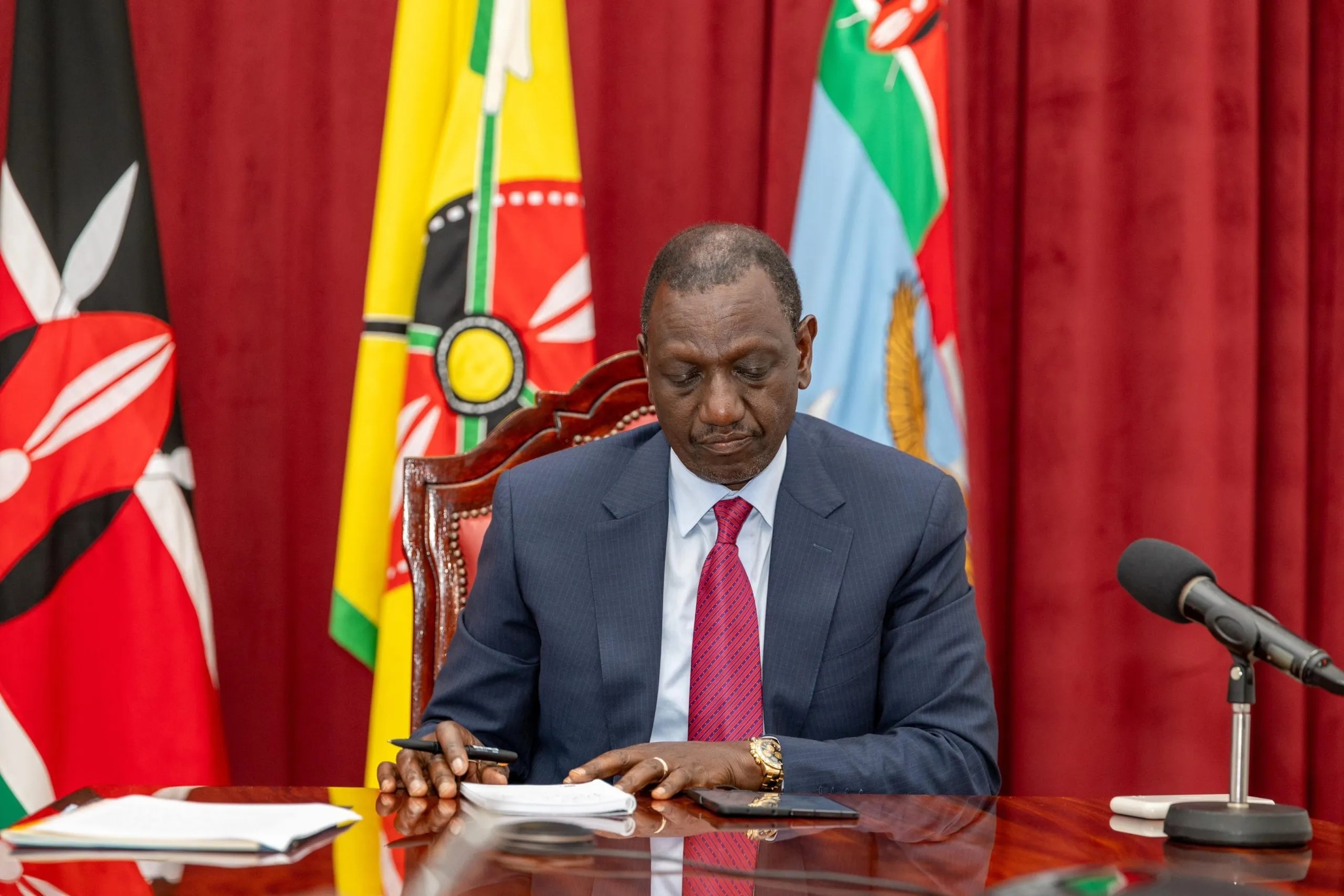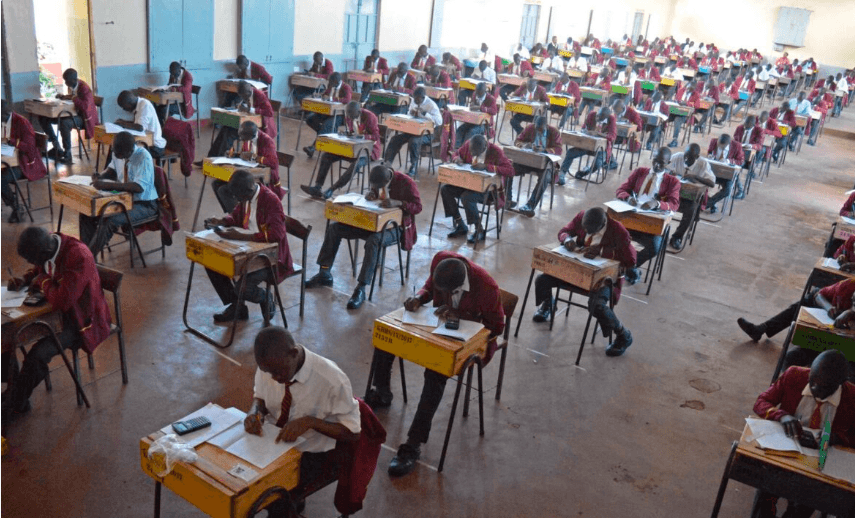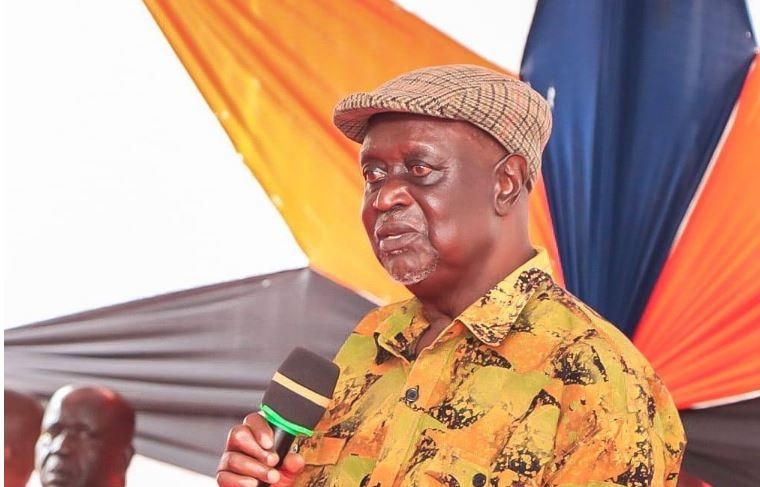Before they departed Nairobi for Haiti on June 24, the Kenyan police officers were shown pictures of what to expect in Port-au-Prince.
They were trained with a scenario like Korogocho slums in mind.
The sprawling slum is one of Nairobi's most dreaded areas.
Gangs marauding in the Haitian capital live in places similar to Korogocho and the Kenya police were encouraged they would be able to contain them.
The team was welcomed and taken to makeshift halls where they have been rehearsing and training.
Some who talked to the Star say the situation in Haiti is different from what is projected out there.
“Yes there are gangs who are armed and terrorising people here. But the situation is manageable. We have a situation like when you can walk into Korogocho slums or any other informal settlement, which has no order,” an officer there, who requested anonymity, said.
“The problem has been that police were not working here or if they were, it was in some parts only. We will make it.”
They live in a well-aerated hall where they train, rehearse and conduct drills daily.
There is also provision to communicate with their families back home, he said.
“We are not allowed to share on social media what is happening here.”
They also have drones that help them gather information.
"We are okay. Even locals are now happy they can operate without fear since we arrived here. It is unimaginable."
On a typical day, the team wakes up early, or works in shifts with the Haitian National Police to patrol and man police stations.
During a recce visit, senior Kenyan officers identified the need to train Haitian troops.
To address this, the deployed team have been training the HNP on policing matters and ensure procedures are conducted in accordance with the law.
Whereas some accompany the local teams to targeted areas, others are engaged in training sessions, meetings and formal police work.
“It is a whole new work here. They need help to be able to start again. But it is very hot like Mombasa,” the officer said.
So far, the team has received several equipment to enhance their operations.
These include armoured personnel carriers, kits and other operations tools.
“Language is a challenge but we have people who help us in understanding the communication. The locals are embracing us well.”
The team of 200 Kenyan police officers is drawn from different units that are well trained.
More are expected to fly there in the coming weeks, officials said.
They will man hospitals, roads, ports, airport and other critical infrastructure.
And after weeks of planning and surveying the ground, the team helped the HNP recapture a national hospital that had been occupied by gangs.
Haiti's new Prime Minister, Garry Conille, and police chief Normil Rameau, visited the country's largest hospital on Tuesday, after authorities said they took back control from armed gangs on July 7.
Conille said the hospital served about 1,500 people a day before the gang's chokehold.
"This hospital is not for the rich, it's for the poor. These are people that need serious help that can't go see a private doctor."
The building looked like "a war zone", he said.
The hospital was ravaged by gangs, with beds stripped, ceiling fans on the floor and debris in its interior.
Its walls and nearby buildings were riddled with bullet holes, signaling fights between police and gangs in the neighbourhood.
The General Hospital is just across the street from the national palace, which was the scene of several battles in the last five months.
Rameau told a news conference last Monday that police took control of the Hospital of the State University of Haiti, known as the General Hospital in Port-au-Prince, on Sunday night after months of escalating attacks from armed groups.
Haitians will "wake up one morning and find the operation done, the bandits stopped, and neutralised," Rameau said.
The commander of the Kenyan team Godfrey Otunge, who accompanied Rameau to the briefing, said they will work closely with Haitian authorities, as well as local and international partners dedicated to rebuilding the Caribbean country.
Council member Louis Gérald Gilles was also present on Tuesday's visit and announced the hospital should be in full service by February 2026.
Attacks from criminal groups have pushed Haiti's health system to the brink of collapse and the escalating violence has led to a surge in patients with serious illnesses and a shortage of resources to treat them.
The gangs have looted, lit fires and destroyed medical institutions and pharmacies in the capital, where they have up to 80 per cent control
The health care system, already struggling before the violence, faces additional challenges from the rainy season, which is likely to worsen conditions and increase the risk of water-borne diseases.
Poor hygiene in camps and makeshift settlements have heightened the risk of cholera, with over 84,000 suspected cases in the country, according to a Unicef report.
A report from the UN migration agency shows the violence in Haiti has displaced nearly 580,000 people since March.
Besides the hospital, gunmen have seized police stations, attacked the main international airport (which was closed for nearly three months), and stormed Haiti's two largest prisons.


















